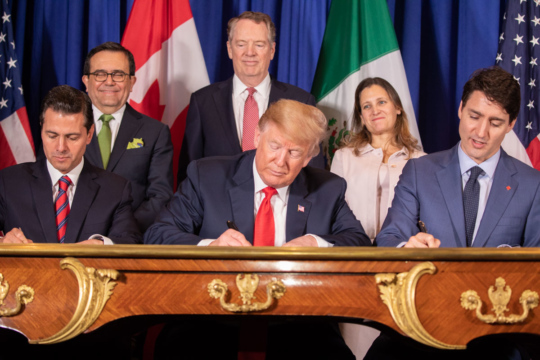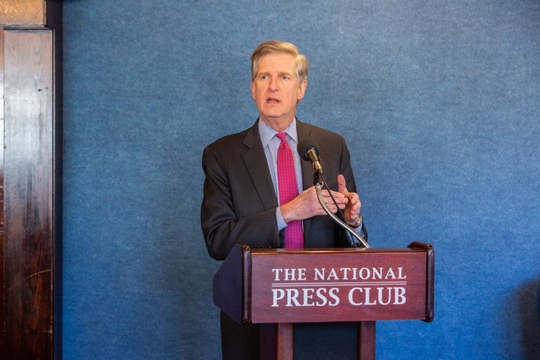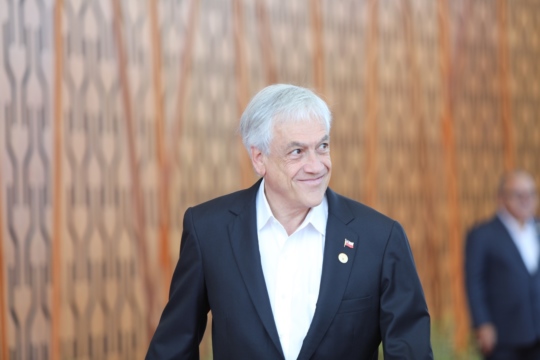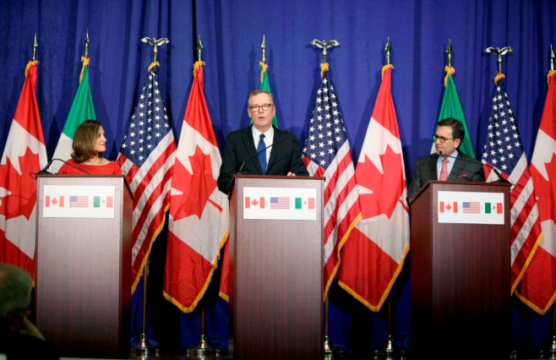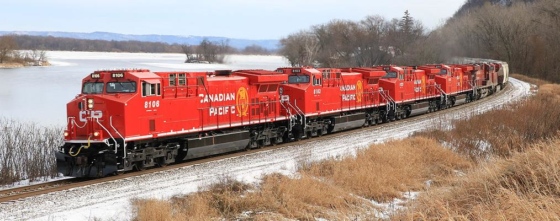
Is a Proposed Rail Merger Good for North America?
A Latin America Advisor Q&A on the possibility of the first railway to connect Mexico, Canada and the United State and its significance.
A Latin America Advisor Q&A on the possibility of the first railway to connect Mexico, Canada and the United State and its significance.
The energy markets of the United States and Mexico are deeply integrated, to the benefit of both countries and their economies. The new US administration has a clear interest in preserving and expanding this fruitful relationship while advancing its ambitious clean energy and climate goals, both at home and abroad. On March 11, the Inter-American Dialogue held a private roundtable on US-Mexico energy cooperation.
The world is in a transition to net-zero greenhouse gas emissions by 2050 that will change the way we use and produce energy and shape the sustainability of our planet. This paper, published by UC San Diego, addresses how Mexico and the United States can use their energy resources to deliver jobs, economic prosperity, and social justice at this transformational juncture in history, examining three areas fundamental to the US-Mexico energy relationship: sustainability; hydrocarbons; and gas, power, and renewables.
On February 2, the Embassy of Argentina in the United States and the World Resources Institute hosted an event at which Lisa Viscidi spoke about how the Biden administration could engage with Argentina, and with Latin America and the Caribbean more broadly, on areas such as clean energy, climate change adaptation, and conservation.
The Biden administration should support clean energy investments and environmental protections in the region.
A Latin America Advisor Q&A featuring experts’ viewpoints on the future of North American relations under a Biden administration.
In an interview for BNamericas, Lisa Viscidi discusses Joe Biden’s victory and how it might impact the US-Mexico energy relationship.
A Latin America Advisor Q&A featuring experts’ takes on Mexican President López Obrador’s first trip abroad since taking office, to Washington.
What did Brazil’s Azevêdo bring to the WTO, and how does his early departure affect the organization and its work?
How will the changes affect the three North American countries, and which sectors are set to gain or lose the most from them?
Michael Shifter, president of the Inter-American Dialogue, was interviewed by BBC World News on the future of the Venezuelan armed forces amidst continuing protests as well as the possibility of US and Russian intervention.
What is the outlook and most-likely timeline for advancing USMCA in the 116th Congress?
November’s midterm elections altered the balance of power in Washington, and the new Democratic majority in the House of Representatives, which will mean new chairs on key committees, will play an important role in shaping US energy diplomacy and energy markets in the Western Hemisphere. At an event co-hosted by the Inter-American Dialogue and the Institute of the Americas, panelists discussed how the new Congress will approach key issues affecting energy within the context of Latin America’s evolving role in US trade and foreign policy.
How did ongoing global trade tensions change the agenda at the 2018 APEC Summit?
How does USMCA, the new NAFTA deal, affect the energy sector? What are the biggest changes? Will it boost investment and cooperation?
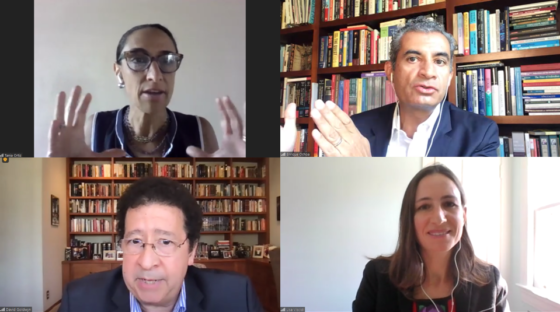
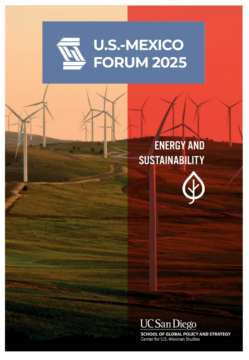
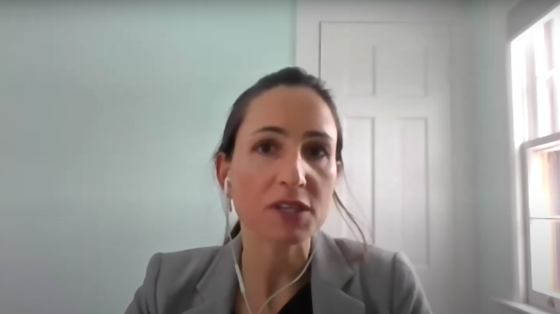 Video
Video
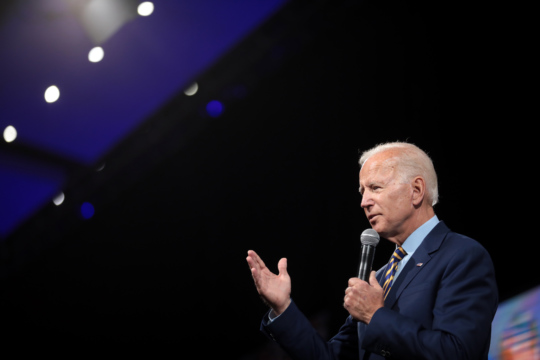
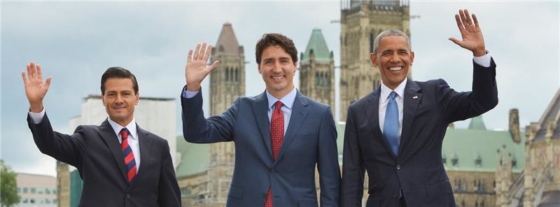
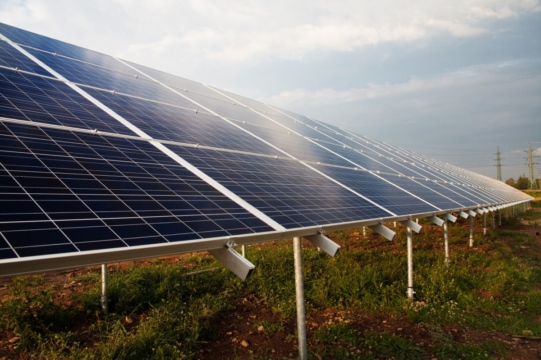
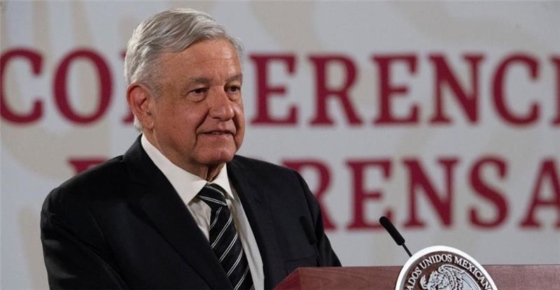
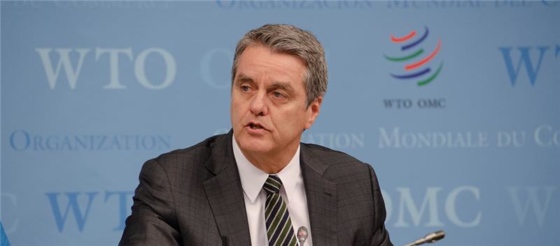
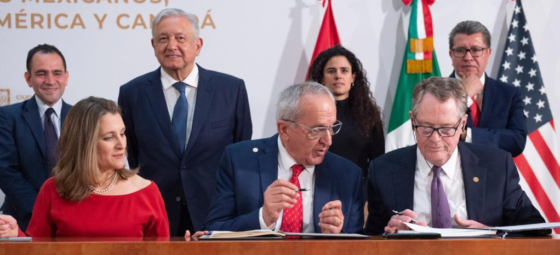
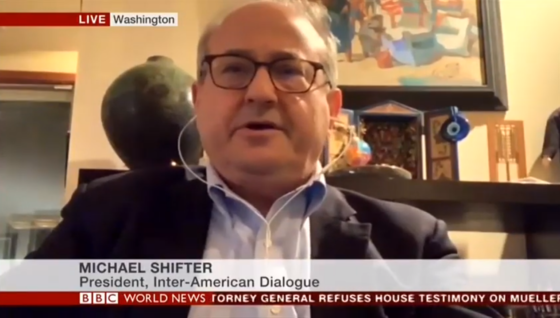 Video
Video
